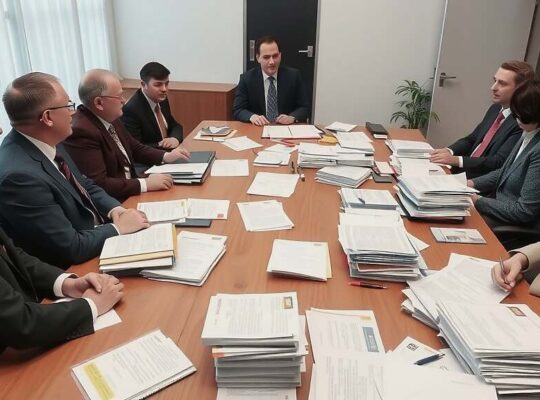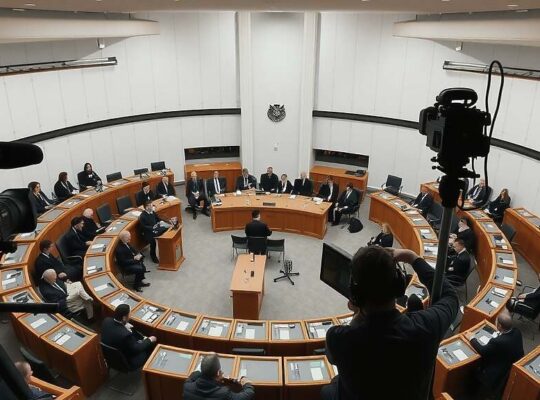The State Constitutional Court of Bremen has declared the city-state’s budgetary laws for 2023 and 2024 unconstitutional, a ruling that throws into question the financial framework supporting vital public services and signals a growing scrutiny of crisis-era budgetary decisions across Germany. The court’s unanimous decision, released Thursday, found that the laws violated the established debt brake, failing to adequately justify the necessary expenditure.
While acknowledging the exceptional circumstances presented by the climate crisis, the COVID-19 pandemic and Russia’s invasion of Ukraine – conditions deemed to temporarily suspend standard budgetary control – the court criticized the legislature’s lack of rigorous justification for the issuance of emergency loans. The central issue, according to the ruling, lies in the insufficient demonstration of a direct, causal link between the declared crises and the specific expenditures financed through these emergency funds.
Specifically, the court highlighted a significant lacuna in explaining how the approved emergency financing directly and demonstrably alleviates the burdens specifically arising from the listed crises. Examples cited included support measures for public transport and the financing of the Health Nord hospital network, where the connection to the recognized emergency situations remained unclear. This points to concerns about potentially broader misuse of crisis provisions to circumvent budgetary constraints.
Despite the finding of incompatibility, the court stipulated that no obligation to retroactively unwind already disbursed funds arises from this decision. However, the ruling is likely to trigger a rigorous re-examination of budgetary processes in Bremen and its ramifications extend beyond the city-state’s borders, potentially setting a precedent for how other German municipalities and states navigate future financial challenges during periods of extraordinary circumstances. The decision underscores a growing tension between the need for agile crisis response and the imperative to maintain fiscal responsibility and transparency in public finances, raising questions about the sustainability of relying heavily on emergency powers to circumvent established budgetary rules.












